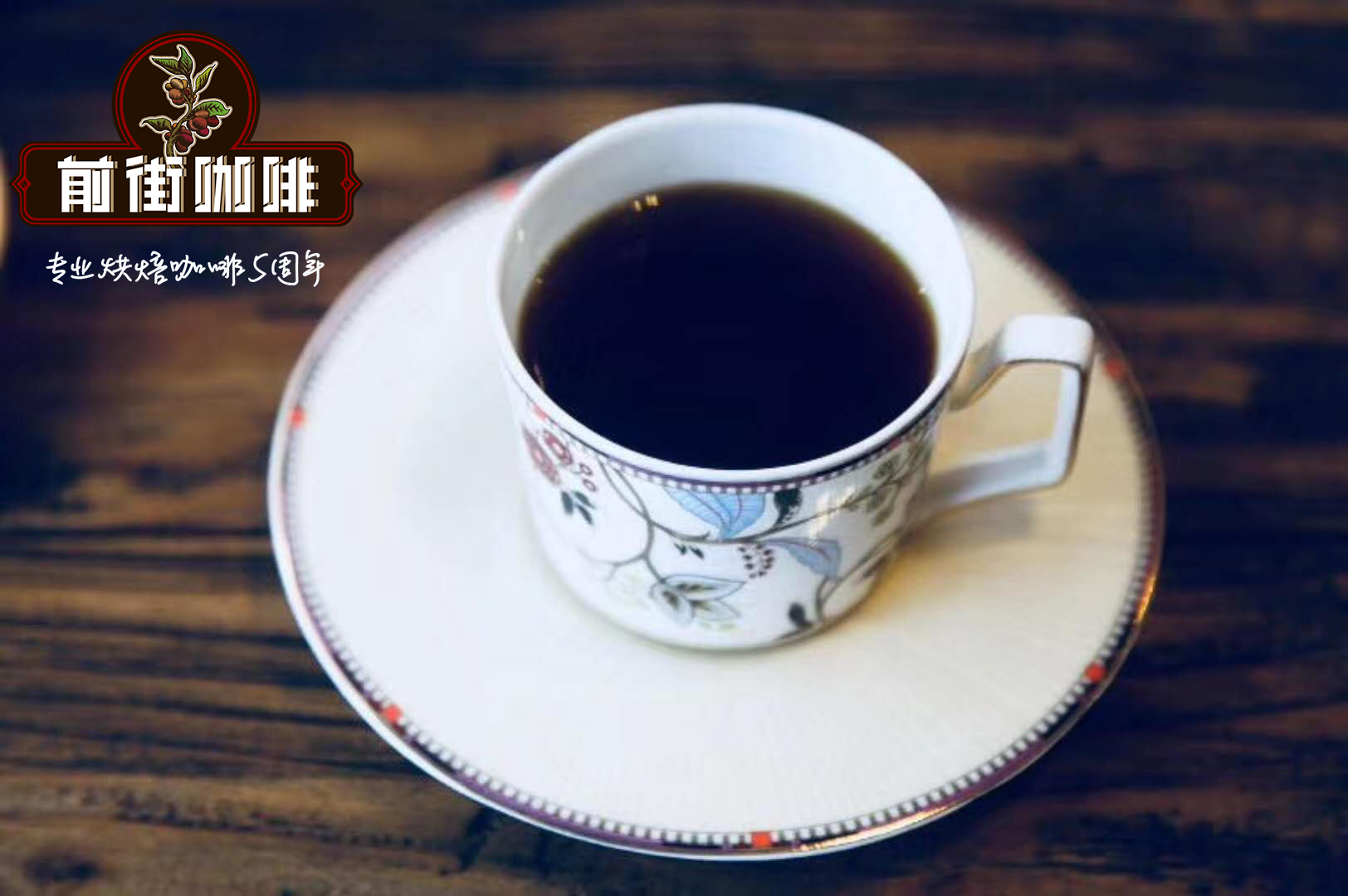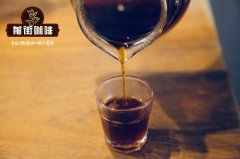Guide to the baking curve of El Salvador Avachapan coffee beans introduction to the treatment of Avachapan coffee beans

Professional coffee knowledge exchange more coffee bean information please follow the coffee workshop (Wechat official account cafe_style)
Soy beans in an explosion
Drop the beans at the end of the explosion.
Drop the beans from the end of the first explosion to the second explosion.
Touch the beans under the second explosion.
Put the beans into the second explosion for 10-15 seconds
The second explosion of dense beans
I hope you bakers can find a more favorite flavor.
Raw beans El Salvador Avachapan coffee beans the greener the appearance means the more water
During the baking process, if the temperature drops too low during an explosion, it may not be cooked enough.
It is recommended to reduce moisture before baking (can be insolated for a few days or use a dehumidifier)
The more whitening parts, the less moisture.
Some coffee beans are emerald green and have more flavor after baking.
Some are whitening and taste better after baking.
There are many skills in the baking process.
The same degree of baking but different curves of time and temperature
The taste is also slightly different, and everyone's favorite flavor is not necessarily.
You can try different baking degrees to see which one you prefer.
Baking degree: medium baking
Acidity: medium
Alcohol: medium
Treatment: washing
Growing area: Latin America
Flavor description: originated from El Salvador Avachapan coffee bean producing area, El Salvador Avachapan coffee beans have citrus fruit flavors and smooth milk chocolate flavor, with black cocoa aromas in the finish.
Coffee trees grow in the shade of native plants, which can also use nitrogen fixation to enrich soil nutrients. El Salvador Avachapan coffee beans are washed and treated, and the water resources are mainly from the hot springs near the manor, which is a very rare way in the world.
Important Notice :
前街咖啡 FrontStreet Coffee has moved to new addredd:
FrontStreet Coffee Address: 315,Donghua East Road,GuangZhou
Tel:020 38364473
- Prev

El Salvador Avachapan coffee bean grading system what kind of coffee is El Salvador Avachapan?
Professional coffee knowledge exchange more coffee bean information Please follow the coffee workshop (Wechat official account cafe_style) Coffee is grown from a long-standing family that has been engaged in the cultivation, processing and export of Salvadoran Avachapan coffee beans since 1890, and the farm is located on Santa Ana Volcano, one of the most active volcanoes in the region.
- Next

Is El Salvador Avachapan coffee beans of good quality? is Avachapan coffee good for hand brewing?
Professional coffee knowledge exchange more coffee bean information Please pay attention to the coffee workshop (Wechat official account cafe_style) High altitude areas, warm and cool nights during the day, creating perfect wind and soil conditions, can slow down the growth rate of coffee berries, rich in rich volcanic soil, contribute to the growth of coffee trees. Coffee trees grow in the shade of native plants, and these native plants
Related
- Detailed explanation of Jadeite planting Land in Panamanian Jadeite Manor introduction to the grading system of Jadeite competitive bidding, Red bid, Green bid and Rose Summer
- Story of Coffee planting in Brenka region of Costa Rica Stonehenge Manor anaerobic heavy honey treatment of flavor mouth
- What's on the barrel of Blue Mountain Coffee beans?
- Can American coffee also pull flowers? How to use hot American style to pull out a good-looking pattern?
- Can you make a cold extract with coffee beans? What is the right proportion for cold-extracted coffee formula?
- Indonesian PWN Gold Mandrine Coffee Origin Features Flavor How to Chong? Mandolin coffee is American.
- A brief introduction to the flavor characteristics of Brazilian yellow bourbon coffee beans
- What is the effect of different water quality on the flavor of cold-extracted coffee? What kind of water is best for brewing coffee?
- Why do you think of Rose Summer whenever you mention Panamanian coffee?
- Introduction to the characteristics of authentic blue mountain coffee bean producing areas? What is the CIB Coffee Authority in Jamaica?

